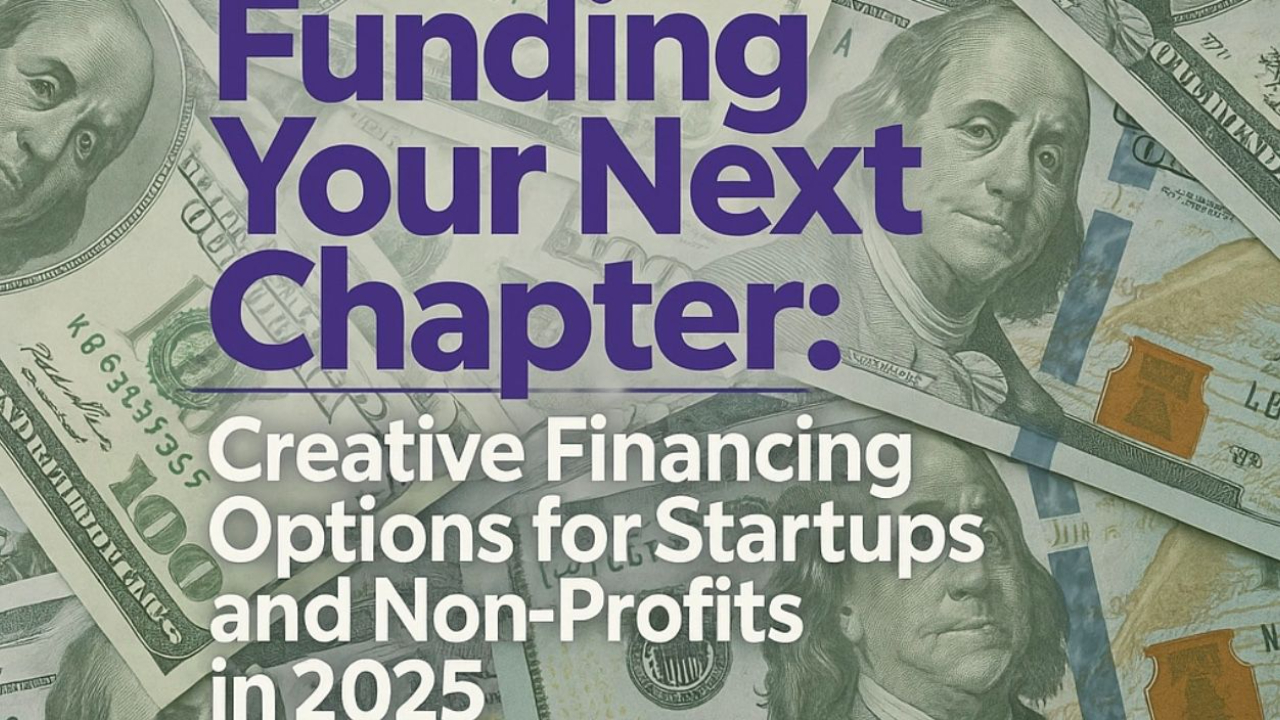
Balancing Your Personal and Business Credit: What Entrepreneurs Need to Know
Hey ladies, let's talk about two kinds of credit – business and personal – and how they're linked. This is super important for anyone running a business or thinking about starting one, especially for women entrepreneurs looking to leverage credit to fuel their business growth. Understanding the differences and connections between these types of credit can be a game-changer. It's about knowing how your personal money management can impact your business dreams and vice versa. In this blog post, we will dive into the differences between the two and how they affect one another!
What's Personal Credit?
Personal credit is all about your own money history. It includes your personal loans, credit cards, and house payments. This score is what banks look at when you want a personal loan or mortgage. It's also checked by landlords when you want to rent a place.
What's Business Credit?
Business credit is like a report card for your company's money habits. It shows if your business pays bills on time and how it handles money. Good business credit means you can get better deals from suppliers and lower rates on loans. This can help your business grow.
Where Business and Personal Credit Meet
When you're starting a business, lenders usually check out your personal credit, especially if your business is new and doesn't have its own credit history. This makes your personal credit pretty important. In the early stages of business, before your business credit has been established, you may need to make something called a personal guarantee to qualify for a loan. That means if your business can't make payments, your personal credit could take a hit. This is why it’s such a smart move to build business credit as your business starts growing.
You can build business credit by:
- Opening accounts in your business’s name,
- Paying your business vendors on time, and
- Holding assets under your business rather than your personal accounts.
Having strong business credit means you won't have to lean on your personal credit for business-related finances. Even more importantly, keeping your business and personal finances separate protects your personal credit and assets if your business faces tough times and makes handling taxes less of a headache for both you AND your CPA.
Do Business and Personal Credit Affect Each Other?
That is a great question! Yes, they do, and understanding this relationship helps you make smarter choices for both your business and personal financial health! If you use your personal credit for business needs, you are both missing an opportunity to build business credit and unnecessarily putting a burden on your personal credit score. Until you have established business credit, while you are still using a personal guarantee, your personal credit can also take a hit if you were to miss a payment on your business credit card.
However, if you have established business credit that was received with no personal guarantee, only your business credit will take a hit if you miss a payment. This is why it’s important to establish business credit so that you no longer have to make a personal guarantee.Business credit is very crucial when it comes to trying to secure business funding.
It can take a year or more to develop business credit. On the plus side, good management of your business finances shows you're responsible with money and unlocks favorable loan conditions!
Tips for Handling Both Types of Credit
- Keep Them Separate: Have different credit accounts for your business and personal use. This helps build your business credit and protects your personal score. It’s important to keep all business assets listed under your business name.
- Check Your Credit Reports: Keep an eye on both your business and personal credit reports. If something looks wrong, you can fix it before it becomes a big problem.
- Be Careful with Guarantees: Think hard before you promise to pay back your business’s loans. Understand the risks to your personal credit!
- Pay on Time: Whether for business or personal, always try to pay bills on time. This is key to keeping your credit score healthy.
In Summary
So, business and personal credit are different, but when you're starting a business, they can affect each other. Knowing how they work together helps you make smart money choices. As your business grows, managing both well is a big part of success and keeping your finances in good shape. Remember, you are the author of your money story! You ARE successful and taking the proper steps to make sure you are educated on what matters when it comes to running your business successfully, is a SMART business move!
Are you ready to take charge? Make sure you take a peek at our 60-minute business credit training where I spill the tea on the industry’s best-kept business funding secrets!

Imagine having all the tools & support you ever needed to start your dream business... today.
I'm talking not only heftier numbers in that bank account. I'm talking the freedom to do what you want, when you want, because you can work however you want, whenever you want.
















